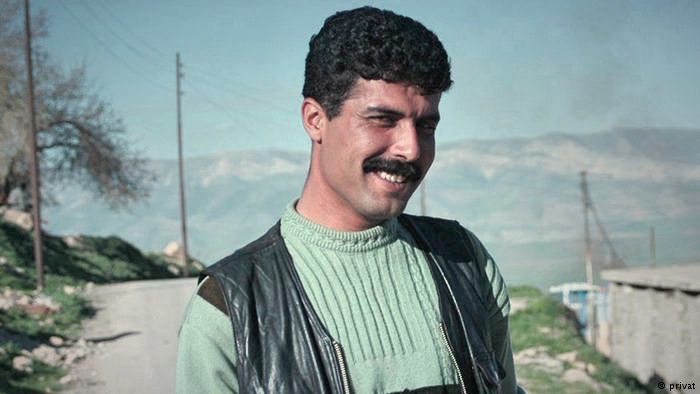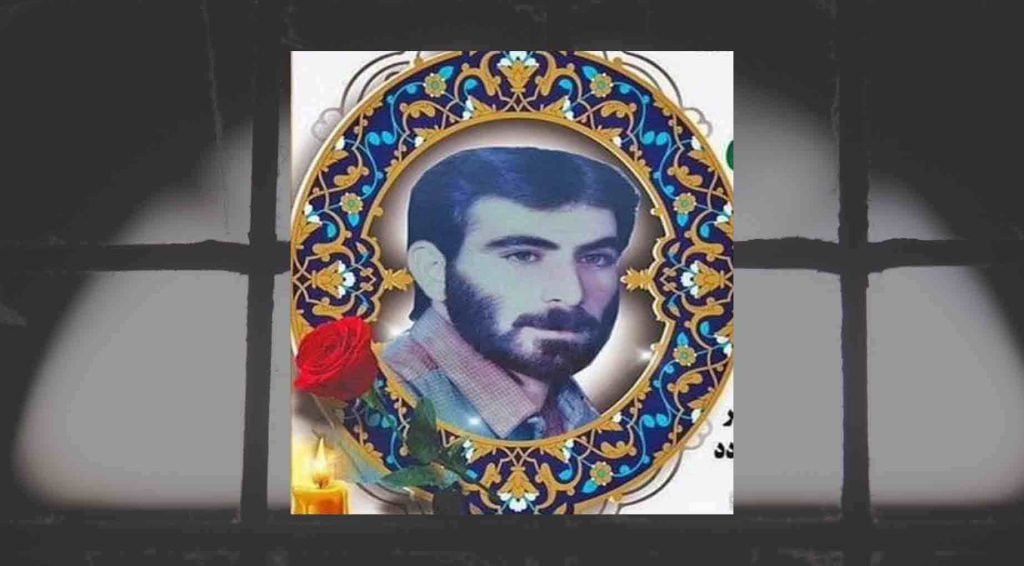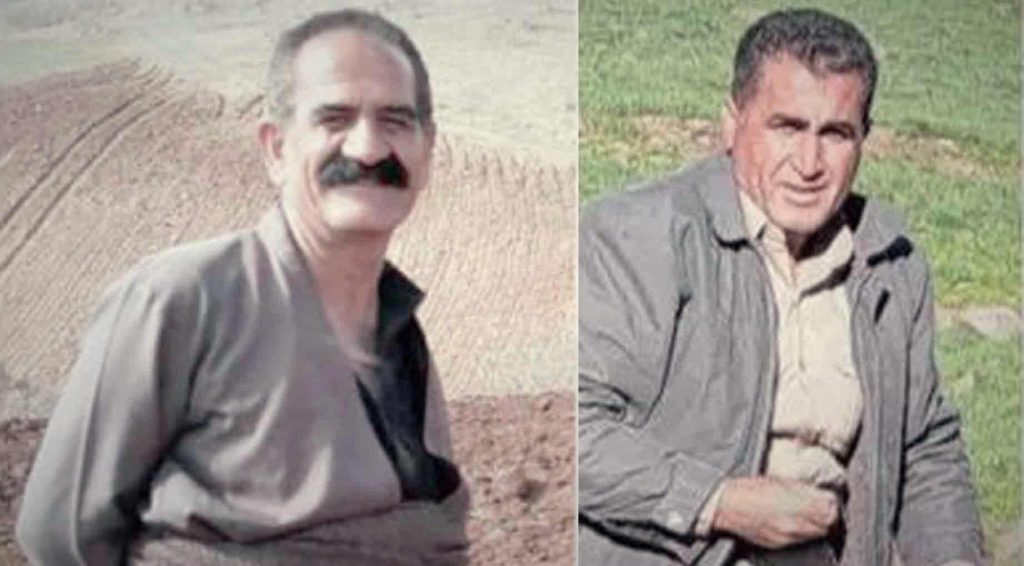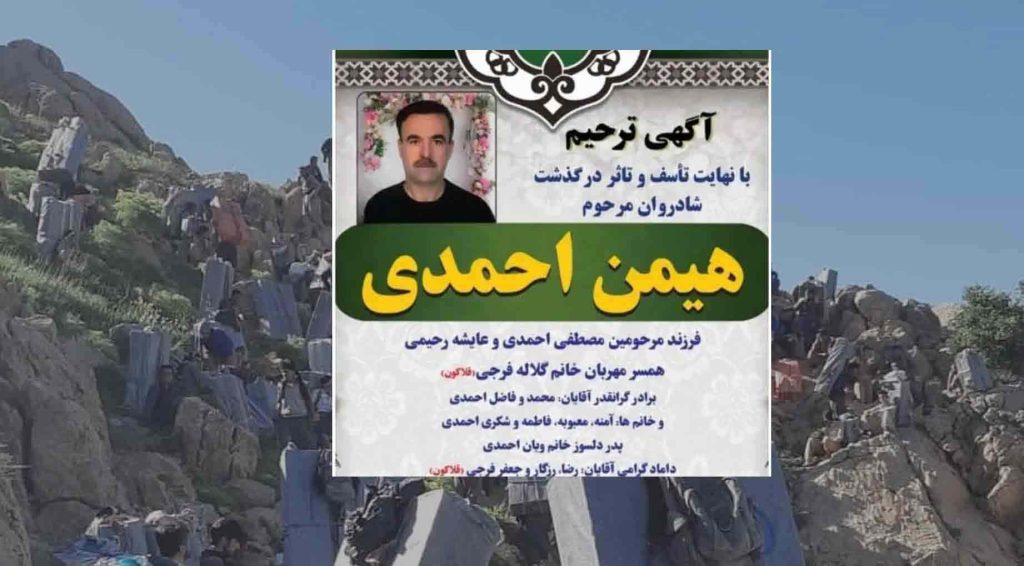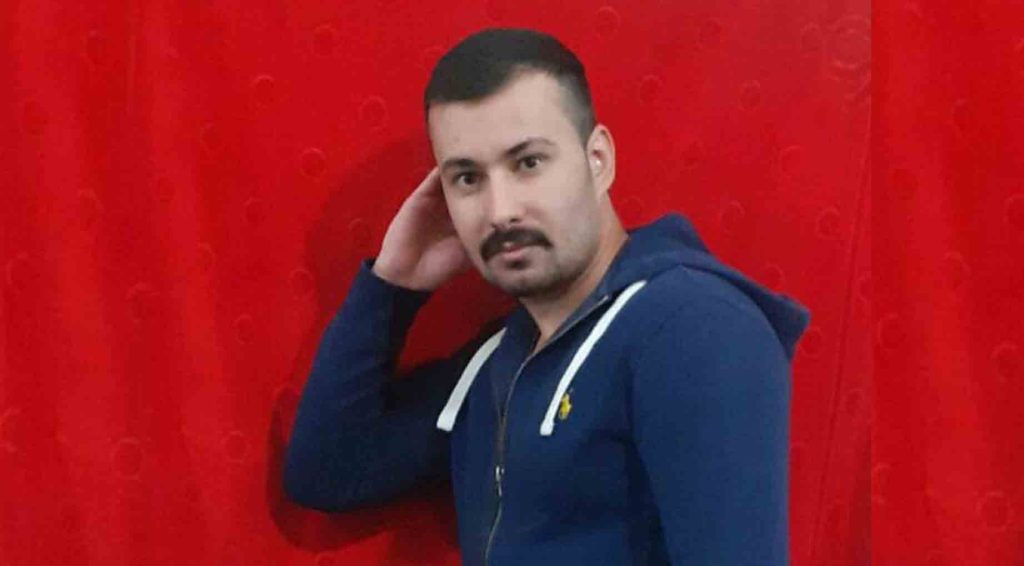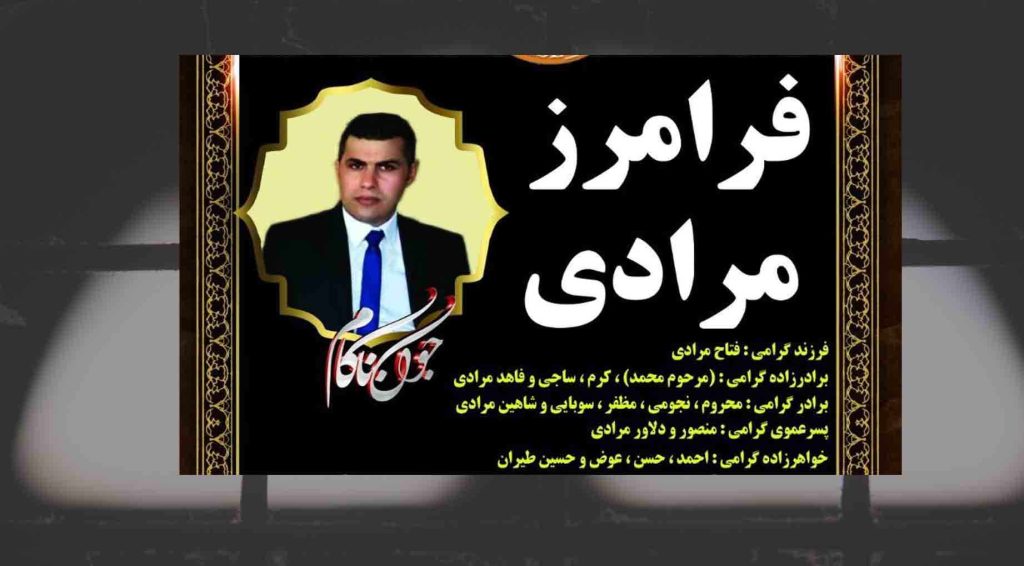On 3 November 2013, Kurdish political prisoner Sherko Moarefi was suddenly transferred to solitary confinement in Saqqez Prison without the prior notice of his lawyer and family.
He was executed in prison the next morning, on 4 November.
The body of this political prisoner was buried the same day in the city of Baneh under strict security measures.
On the eighth anniversary of his execution, the Kurdistan Human Rights Network (KHRN) has examined Moarefi’s case and the statement of one of his cellmates about his last hours before the execution.
Sherko Moarefi, born in 1980, from Baneh, Kurdistan Province, was detained by the Islamic Revolutionary Guards Corps (IRGC) on 30 July 2008 in a village in Saqqez, Kurdistan Province.
He was interrogated and tortured physically and mentally for a week in the detention centre of this military-security institution in Saqqez.
Later, he was transferred to the detention centre of the Ministry of Intelligence in Sanandaj, where he was severely tortured for two months. He was then transferred to Saqqez Prison.
In 2013, after five and a half years in prison, a Kurdish human rights activist interviewed Moarefi about the period of his interrogation in the detention centre of the intelligence ministry in Sanandaj.
“Interrogations continued day and night with beatings. Interrogators threatened to detain my family members and even my sister to obtain forced confessions. They were giving me some pills at nights that I was obliged to take, and I did not know what they were”, Moarefi told the activist.
He described his trial as “unfair” and added: “After three months, my trial was held at Branch 1 of the Islamic Revolutionary Court of Saqqez on the charge of “enmity against God” (moharebeh) through membership of the Komala Party [of Iranian Kurdistan]. I was sentenced to the death penalty while I was denied the right to have a lawyer. After the issuance of the death sentence, I was informed that I could now get a lawyer for the appeal stage.”
The prisoner’s lawyer Ahmad Saeid Sheikhi extended the request of “Article 18” to the Judiciary office.
The request was approved, but the case was referred again to Branch 27 of the Supreme Court in Qom. This court also upheld the death sentence.
Referring to the “difficult conditions” of Saqqez Prison and the “pressure of prison officials on political prisoners”, Moarefi said he was transferred to solitary confinement for receiving a poetry book of the famous Kurdish poet Sherko Bekas.
In the interview, he spoke of his stomach ulcer disease. Despite doctors’ advice to send him to an out-of-prison hospital, he was denied the right to receive medical treatment due to opposition from the office of the intelligence ministry.
Statements of Moarefi’s cellmate on the day before his execution
Followings are the statement of one of Moarefi’s cellmates on his last hours:
“On Sunday, 3 November 2013, at 18:00 [local time], after prisoners were counted, Sherko Moarefi and another political prisoner named Motalleb Ahmadian were transferred to the Central Guard Office on the order of the then Saqqez Prison head of security named Nowrouzi under the pretext of smoking cigarettes.
After handcuffing and leg-cuffing, they were transferred to solitary confinement.
At 05:30 [local time] the next day, 4 November, under the pretext of being exiled to Sanandaj Central Prison, the head of security took Sherko Moarefi out of his cell.
After Sherko became concerned about this situation, the head of security said he would be exiled to Sanandaj Central Prison for some time and then would be returned.
After being taken to a closed meeting room and seeing execution rope, he realized that authorities had decided to execute him.
His death sentence was carried out in secret in the presence of prison officials, court officials, and the officials of the intelligence ministry of Saqqez without informing his family and lawyer.
The political prisoner’s body was handed over to his family a few hours later. He was buried in Baneh Cemetery in a highly secure atmosphere.”

